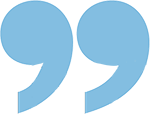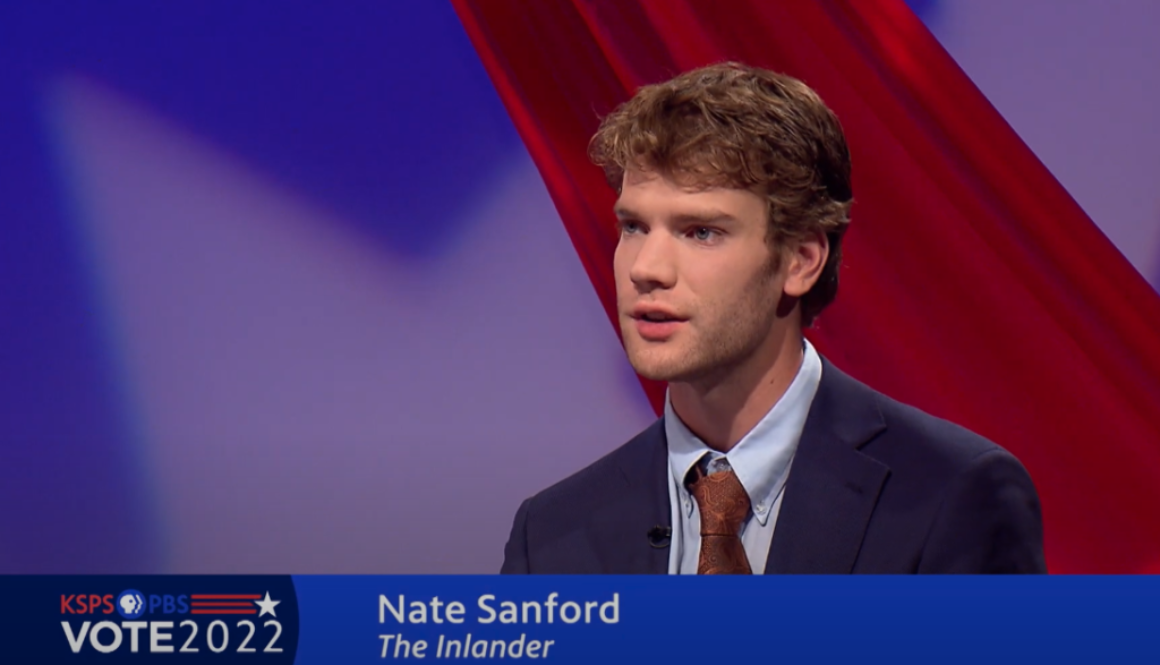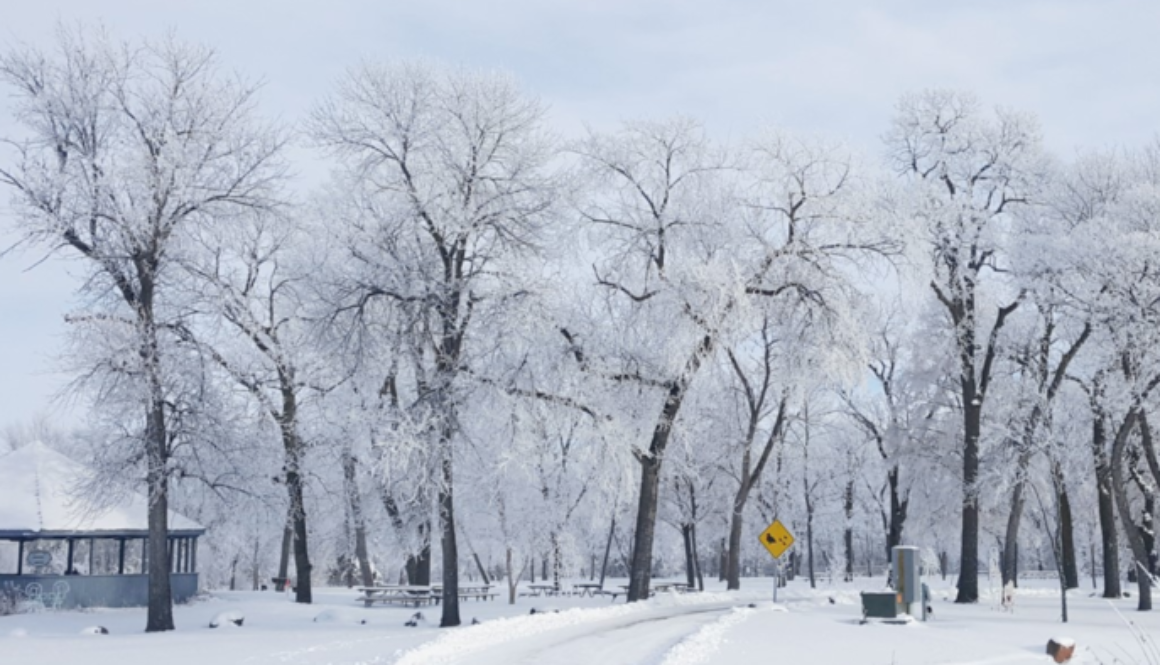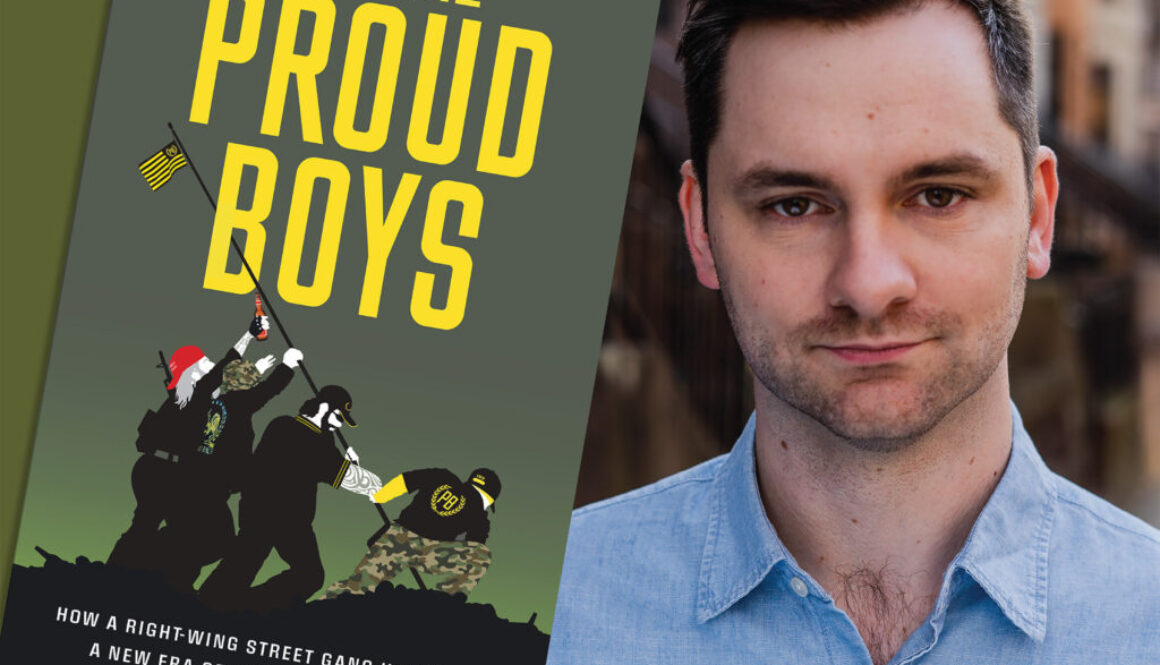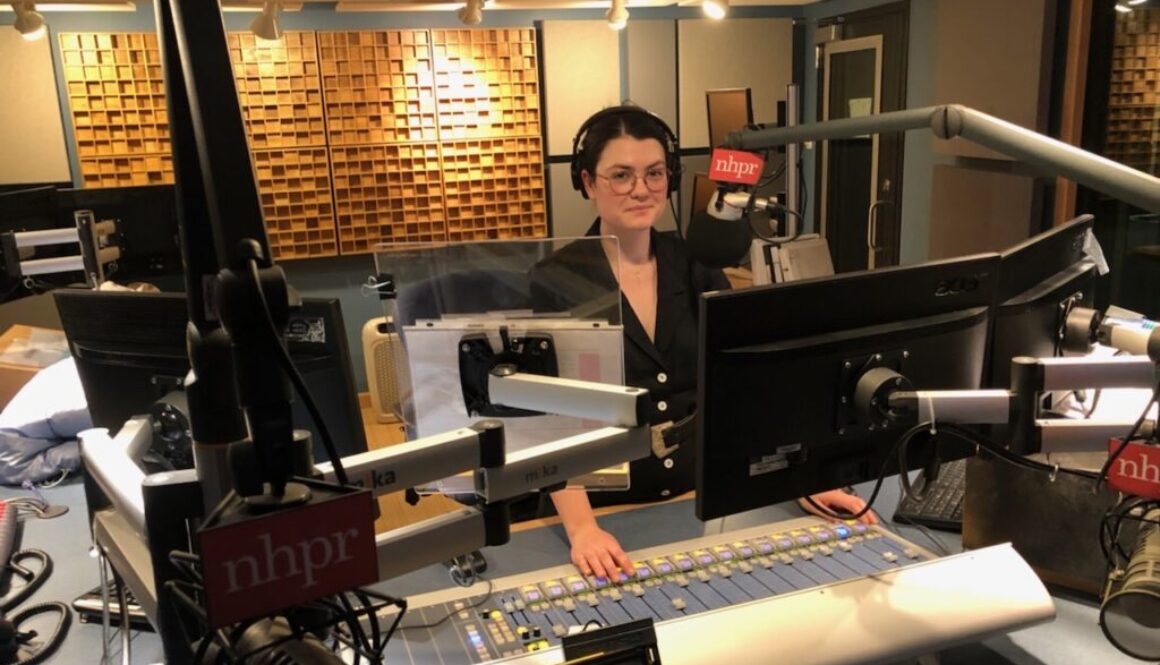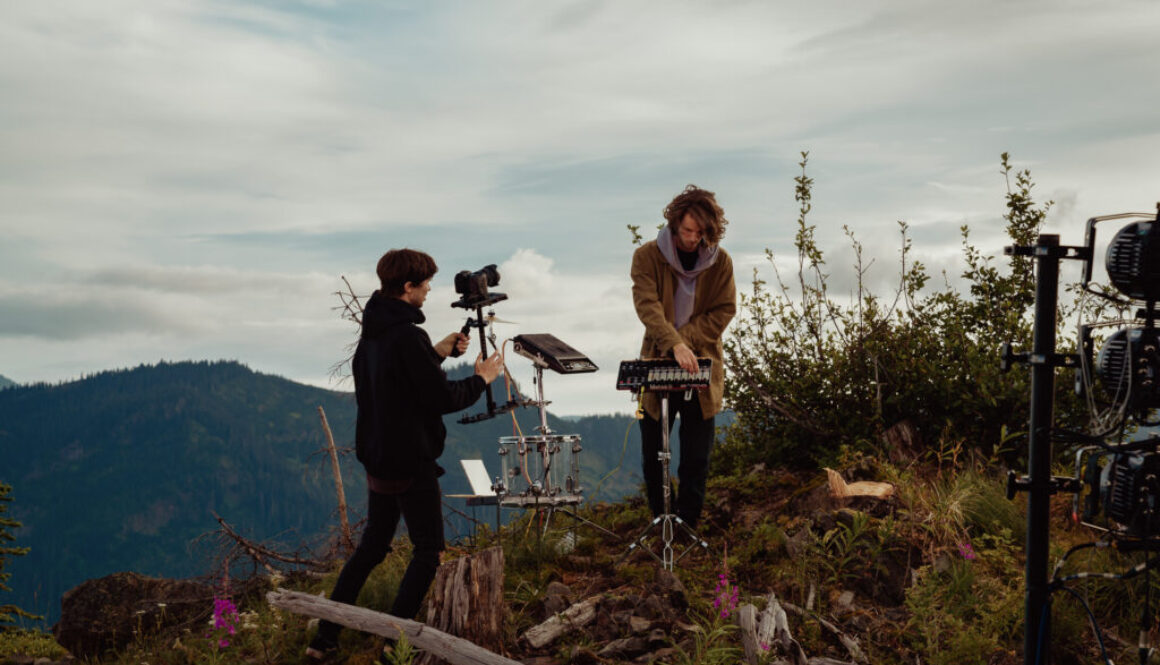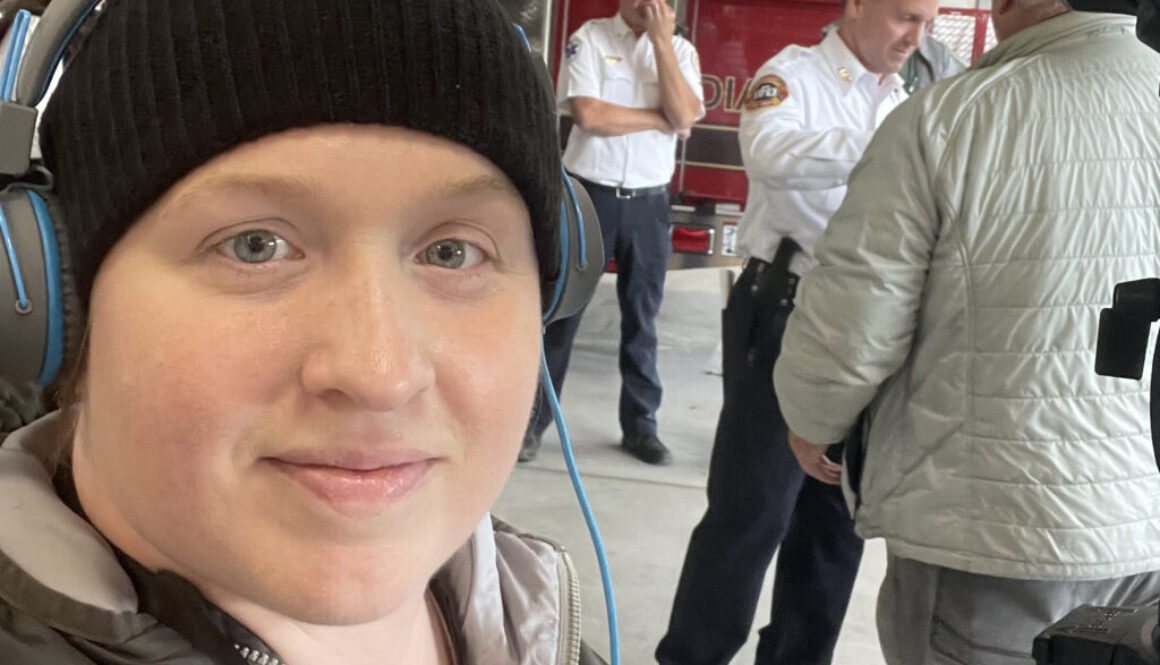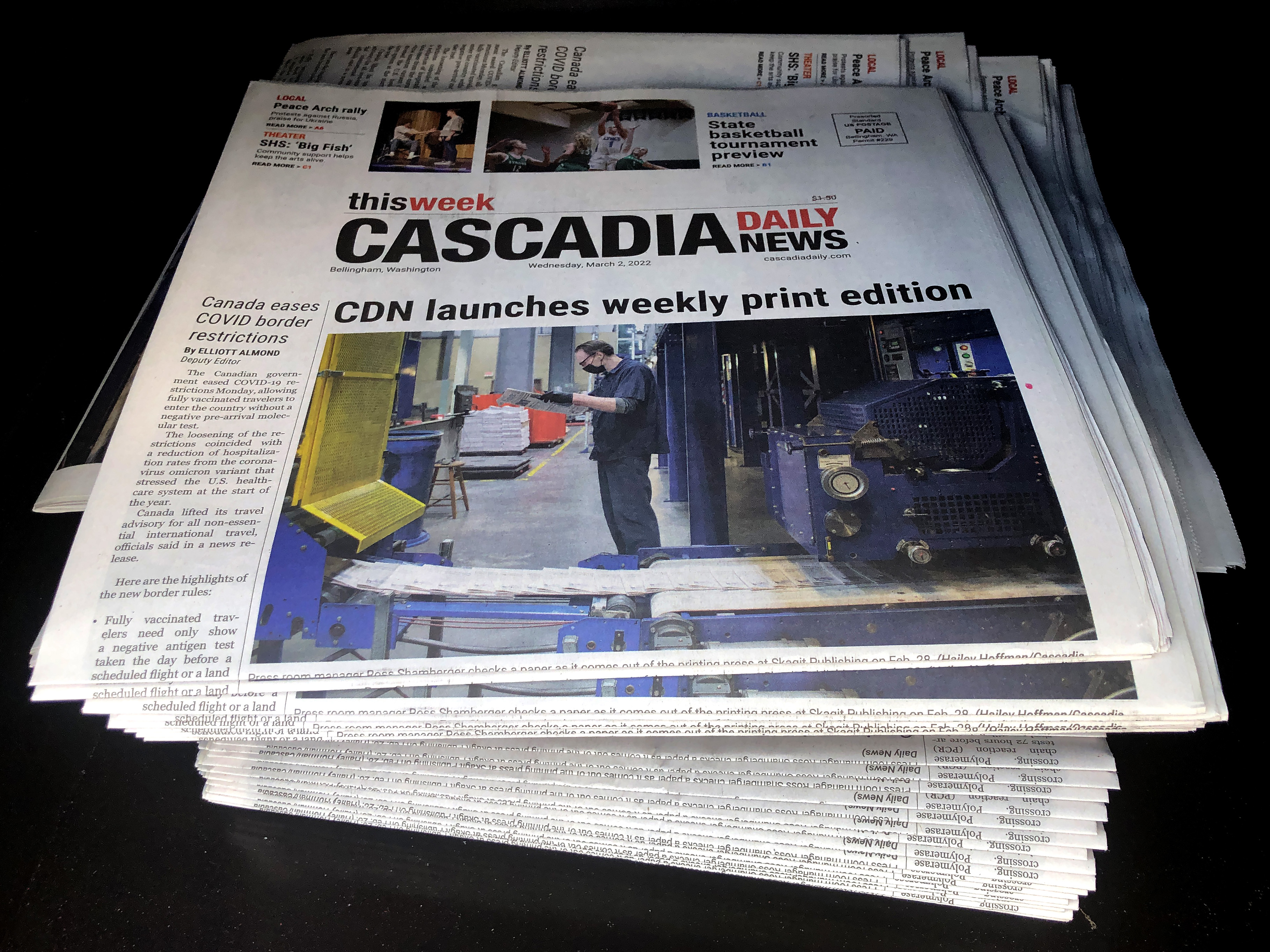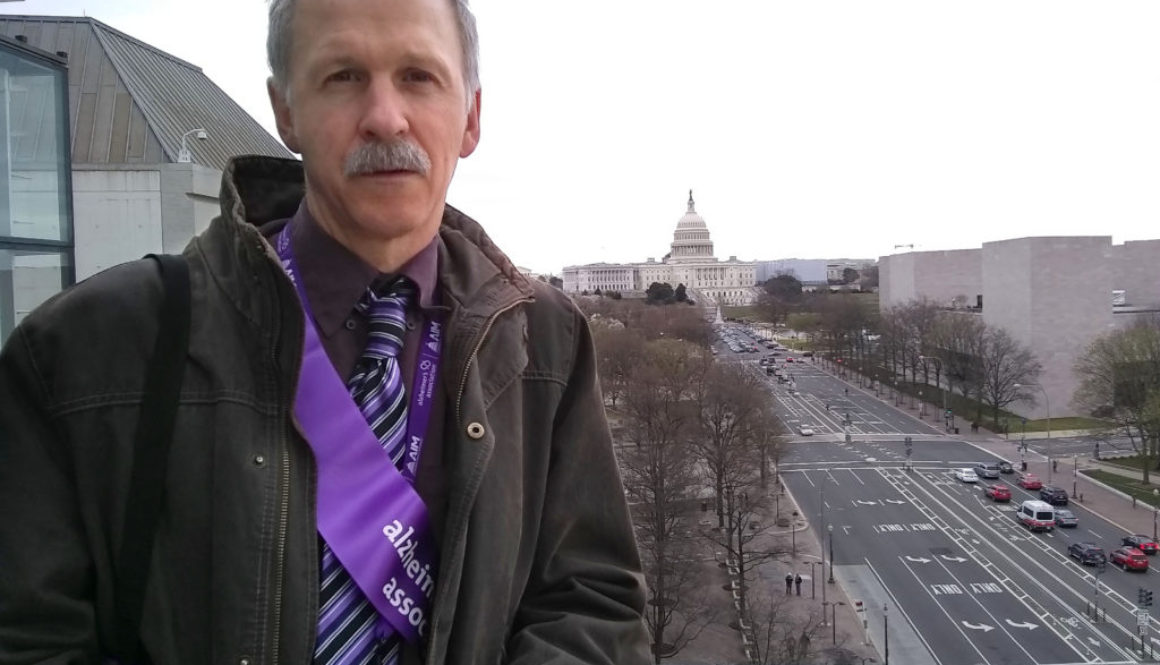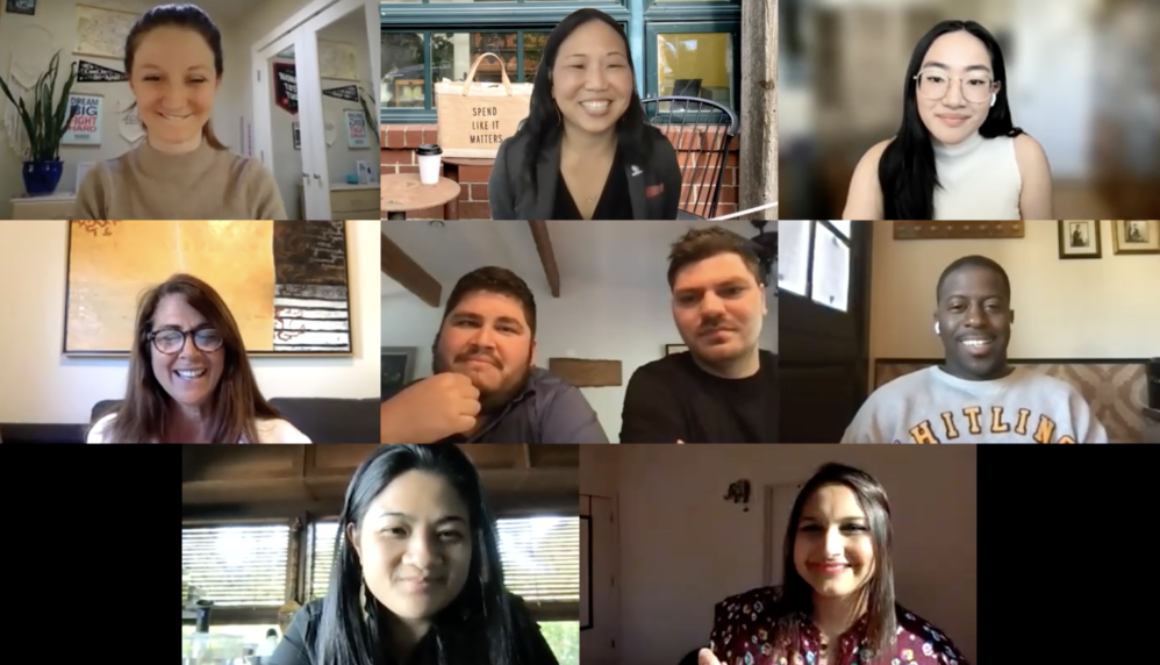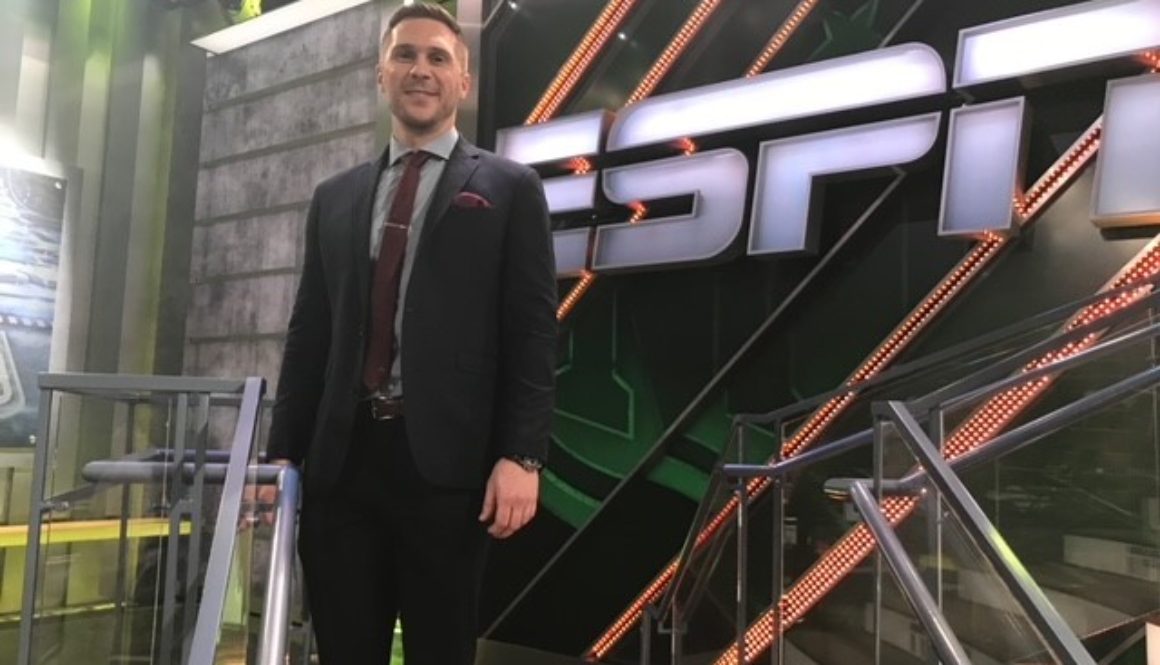Nate Sanford knows how to make an impression
If you’ve been involved with Western Washington University’s journalism department at all in the last three years, you’ve probably heard the name Nate Sanford.
Whether it be for his coverage of lead in Western’s drinking water as a JOUR 307 student or for his consecutive two-quarter title as editor-in-chief during The Front’s rebrand, Sanford’s reputation has not faded.
